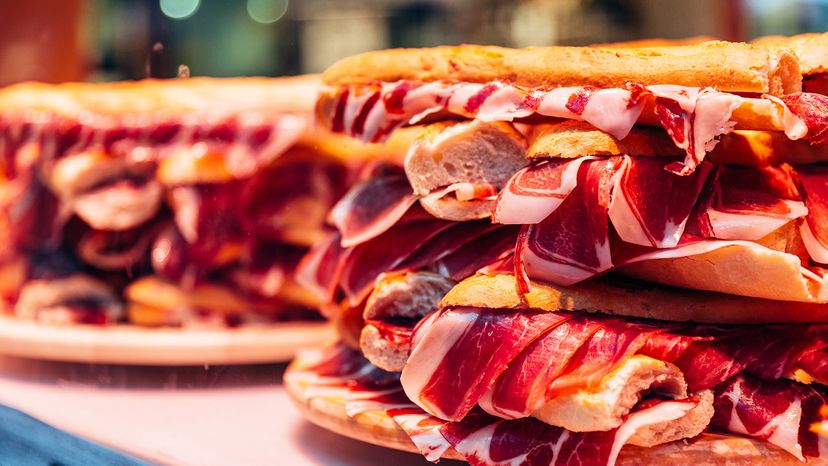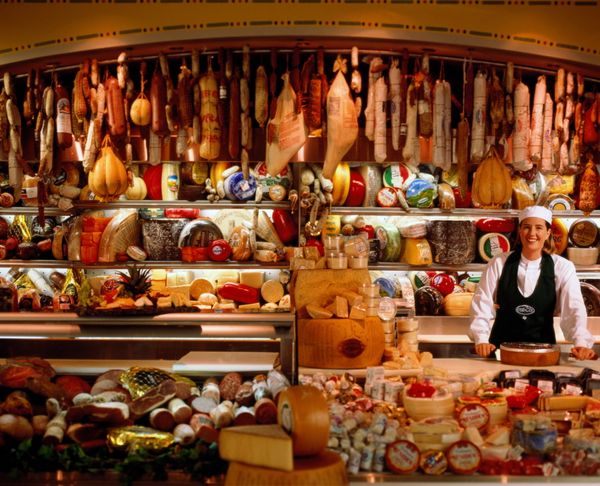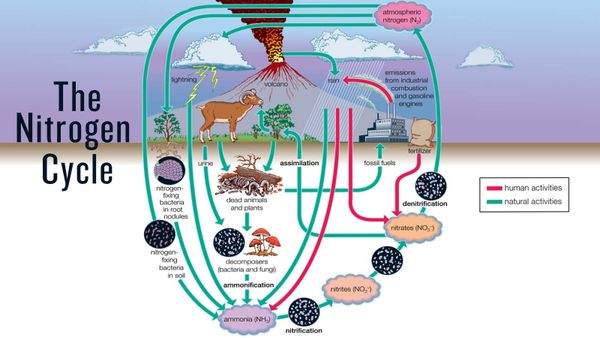Naturally occurring nitrates, such as those found in veggies, are believed to be safe, and even beneficial to consumers. "Studies have shown that naturally occurring nitrates may reduce the risk of cancer and reduce the risk of chronic health conditions," says Allison Gregg, R.D.N., L.D.N., a nutritional consultant at Mom Loves Best.
However, nitrates found in foods like cured meats, can turn into nitrites when combined with stomach acid, potentially forming carcinogenic nitrosamines. Also, "when protein and nitrates are cooked together at high temperatures, they can form nitrosamines that have carcinogenic [cancer-causing] potential," Sears notes.
Registered dietician Gaffen points out that once the concern became apparent, the acceptable nitrate levels used in processing were lowered. "Also because of this, vitamins C and E are now often added to cured meats to help reduce the nitrite reactions in the stomach," she says.
The good news is that the average person doesn't consume enough processed meats to do that much damage. The risk of bowel cancer is quite small. According to a 2019 article from the BBC, six out of 100 people in the U.K. will get bowel cancer at some point in their lives. For people who ate 50 grams of processed meat (three strips of bacon) every day, the chance moved to just seven out of 100.
"Of course, everything in moderation, I'd say that if your diet is generally unprocessed, produce-rich, full of healthy carbs, fats and proteins then the occasional charcuterie or bacon breakfast won't make or break your health," says Dr. Chris Airey, medical director at U.K.-based Optimale. "Remember, it is what we do on a daily basis consistently rather than single meals or workouts that contribute the most to our overall health."
Still, there are ways to avoid potentially damaging nitrates in food, if you prefer to play it totally safe. "Explore organic food options. Synthetic nitrates and nitrites are not permitted as preservatives in organic packaged foods and meats," says Gregg.



